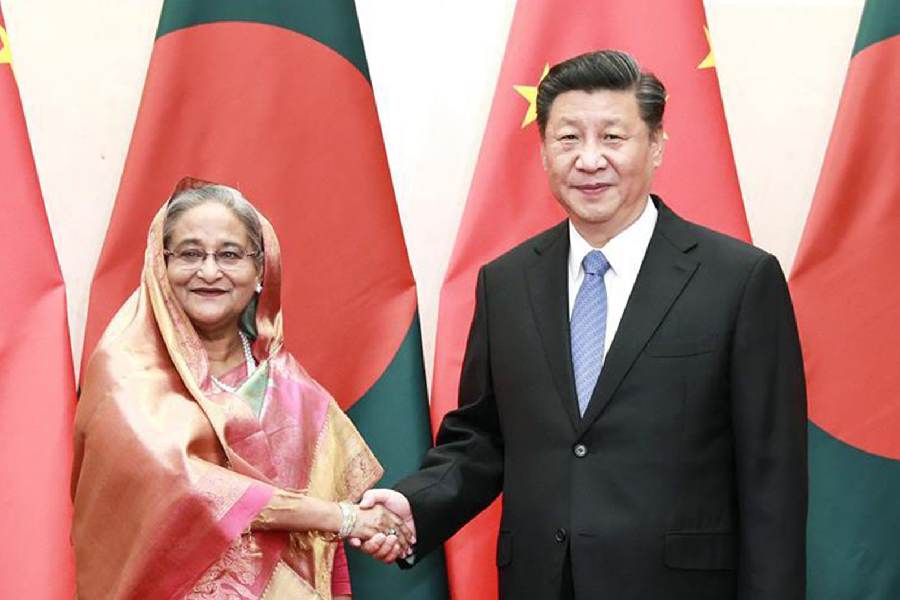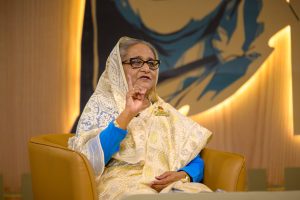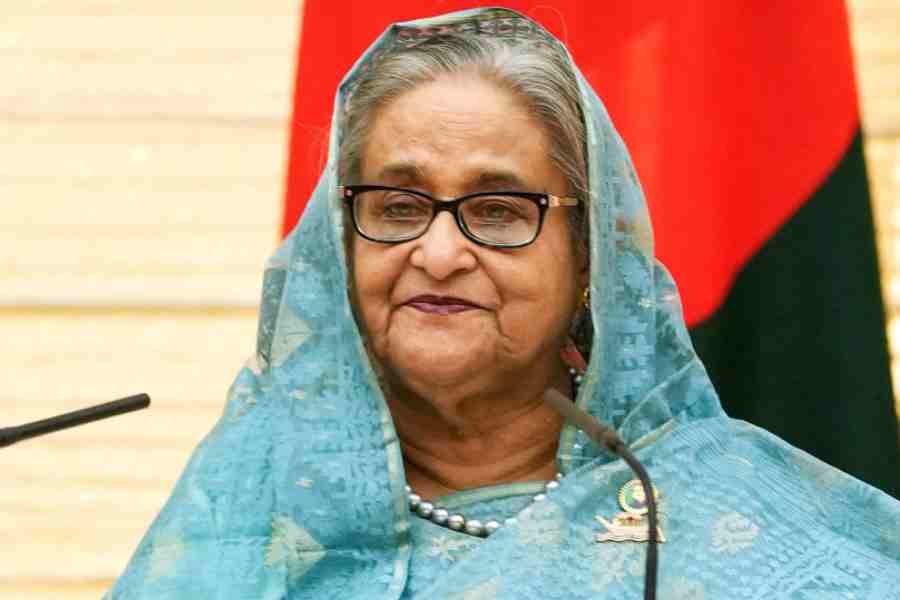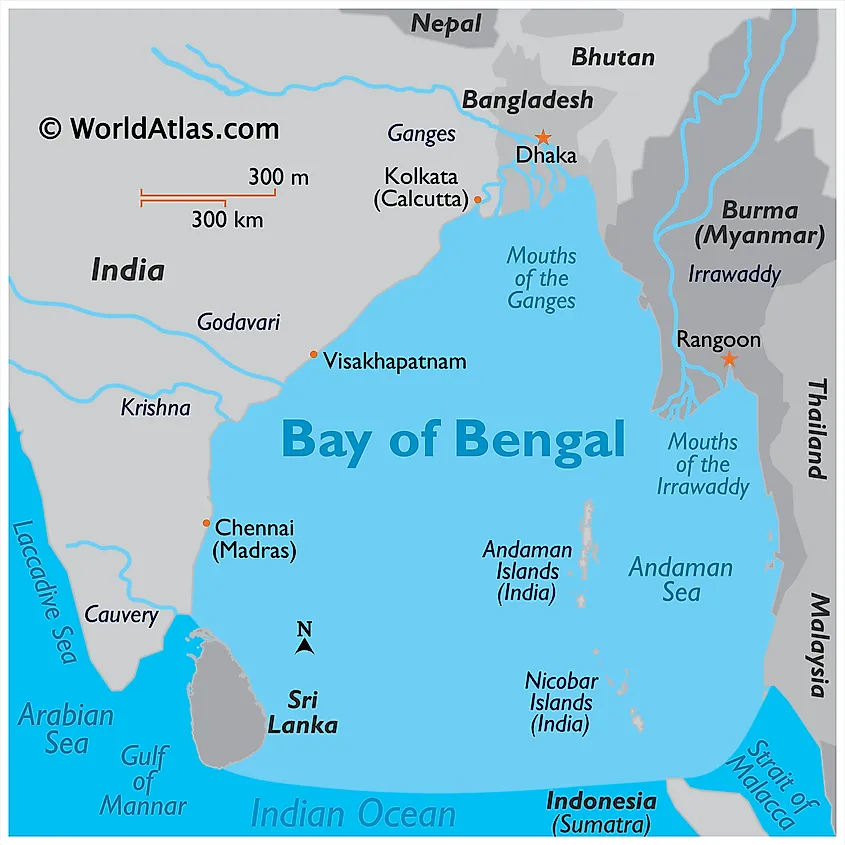Astrologers say that when the planets are aligned then life-changing forces can be unleashed. It�s like a combination code falling into place � suddenly doors unlock, barriers are lowered, and new realities emerge.
Well, in the coming year � for the first time ever � three major democracies are in alignment. In 2024, there will be general elections in India, the United States and Britain (it is mathematically possible that Britain�s election could be delayed until January 2025, but let�s set that aside).

Illustration: Pariplab Chakraborty
We are going to spend much of the year reading about election campaigns and outcomes. The US election expands to fill virtually every corner and crevice of the year ahead. The first of the primaries and caucuses which select the candidates of the two main parties takes place in the mid-west state of Iowa in mid-January. Then the electioneering is never-ending � I promise, it really will feel like that � right through to the Presidential election on November 4. The winner is sworn-in on January 20, 2025.
Of the big three voting in the coming year, the US contest is by far the most uncertain. Who knows what will happen in India�s election � but if there�s a change in governing party, that would really be a shock.� In Britain, if there�s no change in governing party, that would be an even bigger surprise � Rishi Sunak�s Conservatives appear to have an electoral death wish, and after fourteen years in the wilderness the Labour Party is set to return to power.
But the contest taking shape in America is both unappetisingly stale and effervescently unpredictable. Stale, because it�s likely to be a re-run of the last election four years ago. In November, the odds are that Joe Biden, the 81-year-old incumbent will face off against the man he narrowly evicted from office in 2020, Donald Trump, who will by then be 78. The polls point to a tight result, with Trump slightly better placed to win. It will be brutal.
If the concept of liberal democracy is in some disrepair in much of the world, it is because some of our principal democracies have lost the knack of political renewal. And because some of those who stand for election are at heart neither liberal nor democrats.
Yet even political systems which are not at all pluralist feel the need to go through the charade of an election. President Putin is standing again as Russia�s president in March. I hear he�s the favourite.
And there�s a feast of other contests around the world, enough to keep psephologists � the folks that make a special study of elections � at full stretch. Bangladesh holds Parliamentary elections in early January; Pakistan is due to go to the polls the following month; Indonesia also votes in February; Mexico�s general election is due in June; and we will also have polling in South Africa and a presidential election in Sri Lanka.
All-in-all, 2024 will be the biggest election year there�s ever been. Fingers crossed!
Andrew Whitehead�is an honorary professor at the University of Nottingham in the UK and a former BBC India Correspondent.














